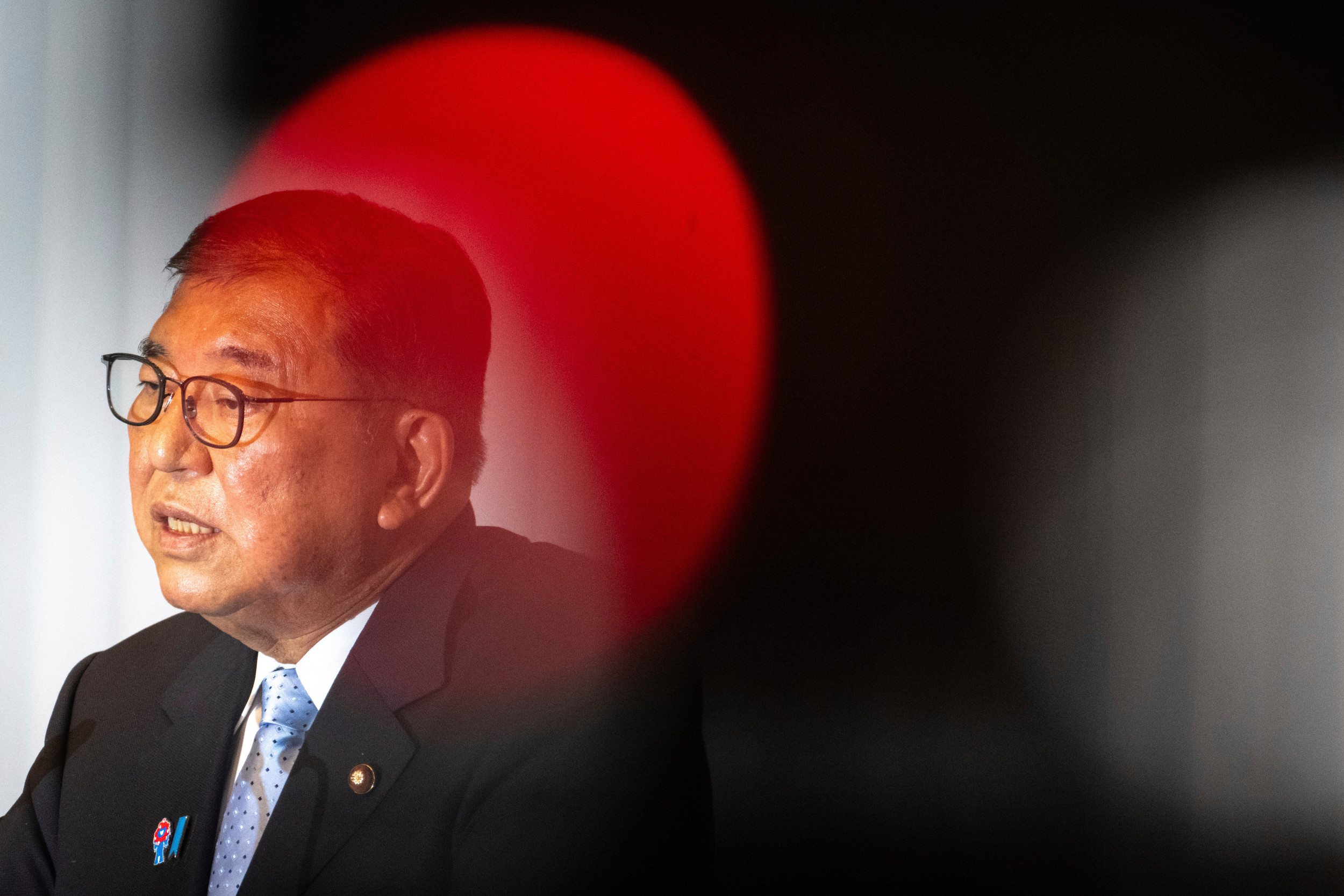Japanese Prime Minister Shigeru Ishiba Faces Pressure to Secure Trade Deal with the U.S.
Japanese Prime Minister Shigeru Ishiba has announced his intention to remain in office despite a significant electoral setback, as he works to finalize a trade agreement with the White House under the leadership of former President Donald Trump. The deadline for reaching a tariff deal is fast approaching, and the outcome could have far-reaching implications for both nations.
Why the Situation Matters
Ishiba’s coalition government suffered a major loss in the July 20 elections, resulting in the loss of its majority in Japan’s upper house. This means the coalition now holds a minority in both houses of the Diet, which complicates the process of finalizing a trade deal that requires legislative approval. Without an agreement, Japanese imports could face a 25% tariff from the U.S., potentially increasing prices on goods in the American market. Japan primarily exports vehicles, machinery, and electronics to the U.S., and this tariff could also strain relations with a key Pacific ally of Washington.
Key Points to Understand
The ruling Liberal Democratic Party (LDP) and its junior coalition partner, Komeito, fell short by three seats in the 248-seat upper house, but the LDP remains the largest party. The coalition lost its majority in the lower house in October, and the government has struggled with past corruption scandals. Since then, it has had to make concessions to the opposition to pass legislation. Additionally, the government has been slow to implement effective measures to address rising prices, including for Japan’s traditional staple of rice, and declining wages.
Donald Trump has added pressure by criticizing the lack of progress in trade negotiations and the limited sales of U.S. autos and American-grown rice to Japan, despite domestic shortages of the grain. Ishiba has acknowledged the election results but emphasized his commitment to avoiding a political vacuum and addressing pressing challenges, including the August 1 deadline for the tariff deal.
Trump’s Letter to Japan
In a letter dated July 7, Trump informed Ishiba that Japan would face a 25% tariff starting August 1. He wrote: “If you wish to open your heretofore closed Trading Markets to the United States, and eliminate your Tariff, and Non Tariff, Policies and Trade Barriers, we will, perhaps, consider an adjustment to this letter.” The letter also stated that these tariffs may be modified, either upward or downward, depending on the relationship between the two countries.
Japan has expressed its intention to continue engaging with the U.S. in good faith to negotiate a new trade deal. However, the situation remains uncertain.
Trump Questions the Strategic Relationship
Japan is a crucial U.S. ally in the Pacific, where China poses a significant regional threat. However, Trump has questioned the strategic relationship, arguing that Tokyo takes advantage of Washington on trade while Americans fund Japan’s defense under a long-standing security agreement. The U.S. has a goods trade deficit with Japan, importing more than it exports, which Trump views as unfair. In 2024, the U.S. goods trade deficit with Japan reached $68.5 billion.
Trump has previously criticized Japan for refusing to accept U.S. rice imports in exchange for selling millions of cars into the American market, which he called an “easy” demand for Tokyo to accept.
What Experts Are Saying
Japanese Prime Minister Shigeru Ishiba has expressed his sense of responsibility over the election results, stating, “While I painfully feel my serious responsibility over the election results, I believe I must also fulfill my responsibility I bear for the country and the people so as not to cause politics to stall or go adrift.” He added that Japan’s challenges “won’t wait for a better political situation.”
Ray Attrill, head of FX research at the National Australia Bank, told Reuters that the election result could weaken Japan’s negotiating position with the U.S., making it less likely that the tariff rate would decrease. “Because you haven’t got a coherent, united government, at the margin, I think that militates against the likelihood of anything happening that gets us back to anywhere close to a sort of 10 percent baseline tariff come August 1.”
What Comes Next
Talks are ongoing ahead of the August 1 deadline, but the election results have raised concerns about whether Japan can reach a deal in time to reduce the tariff from 25%. The outcome of these negotiations will have significant implications for both the U.S. and Japanese economies, as well as their diplomatic relationship.







